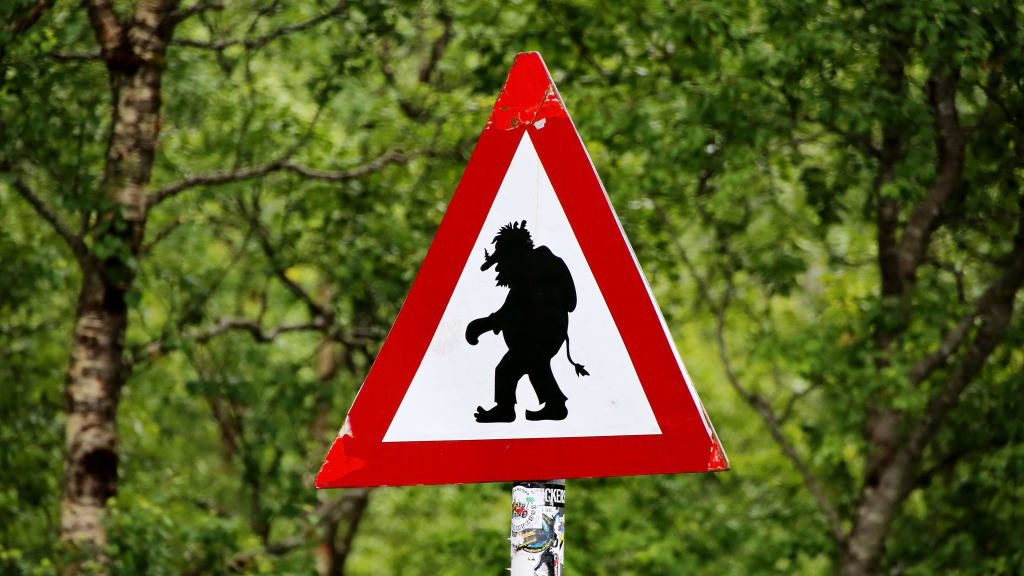What are the Dangers of the Metaverse?
Big tech is promising the metaverse will completely transform how we live and work. But they’ll need to convince us the change is for the better.

The metaverse isn’t all beer and skittles. Cyberbullying, trolling, doxing, grooming, scamming — call it what you will, but we’re well aware that many of us behave badly in cyberspace. Likewise, walking through the digital curtain of the metaverse won’t necessarily protect us from cyber harassment.
Sexual violence and racist abuse have already been reported within the early virtual worlds of the metaverse. It took only 60 seconds for London-based 43-year-old mother Nina Jane Patel to be verbally abused and sexually harassed after logging into a virtual world in the metaverse.
You might scoff at the idea of digital assault. But remember, the whole idea of the technology is to create an immersive VR experience that rivals our physical reality. So we’re not talking about insults clumsily typed out in a Facebook or Reddit feed here. We’re talking about realistic 3D assaults that could make the metaverse feel very unsafe.
Patel’s experience sparked Meta into rolling out a new safety feature to try to prevent future attacks. The ‘personal boundary’ function gives you the option to put a protected personal space around your avatar that keeps you safe from unwanted contact from other avatars.
It’s a good start, but the masters of the metaverse will need to put much more time and investment into keeping people protected in the new reality of cyberspace.
Also concerning is hate speech in the metaverse. Just like social media has provided a platform for ultra-conservative groups to recruit members, disseminate misinformation and spread hate speech, so too will the metaverse provide dark corners for these groups to congregate.
The social media platforms have shown themselves to be almost completely inept at preventing the spread of hateful propaganda to date. But their current ‘we’re just a platform, not a publisher’ defense will not play in the metaverse.
There’s the physical and emotional toll to consider too. Despite being more connected than ever through current social media platforms, we are suffering. According to the National Center for Health Statistics in the US, the suicide death rate among persons aged 10 to 24 increased 56 per cent from 2007 to 2017. That’s not to say social media is the cause of this increase, however it’s an issue that needs to be seriously examined and addressed before we free fall into the deep end of the metaverse.
There are also concerns around the impact the metaverse will have on our relationships. Porn is ubiquitous on the internet as we know it, and it will likely become even more pervasive after a VR makeover. Will more of us choose to engage in VR-only sexual experiences at the expense of real-world relationships? Will this create more social isolation as we drift further away from our physical reality? Or can a metaverse relationship be as — or more — fulfilling as a real-world partnership?
Food for thought
There’s a lot to unpack here. Let’s start by reviewing what the big tech companies are planning. They are building a network of virtual worlds that will operate along the lines of a sophisticated role-playing game. We’ll explore these worlds as digital avatars through VR headsets, and use them to access a range of online social, leisure and work experiences. Some of us will buy virtual property, and build and operate metaverse venues and digital businesses to generate income.
There’s the potential for the metaverse to fundamentally change how we work and live. As VR technology improves to deliver increasingly immersive experiences, we may put less and less emphasis on the importance of physical proximity to our social and work interactions.
This need could also be driven by external factors such as future pandemic lock-downs or climate change weather events that restrict our movement in the physical world.
However, if left unregulated and unpoliced, the metaverse runs the risk of becoming a lawless hellscape where virtual rapists, trolls and scammers lurk around every corner. Meta, for one, seems mindful of this problem and looks to be taking more responsibility for providing a safe space than it did with Facebook. But they — and others — will need to stay on top of the problem as the metaverse evolves.
Depending on your perspective, the metaverse either sounds like a digital paradise or a Matrix-style nightmare. Either way, it will require a critical mass of adoption before we can be sure it is here to stay.
And if the metaverse does achieve that critical mass, you’ll have little choice but to put on your VR headset and jump aboard the digital train. At least that’s what Zuckerberg and his Silicon Valley pals are betting their fortunes on.
Read the full story:
About the Creator
Shane Peter Conroy
Shane is just another human. He writes, he paints, he reads. He once got his tongue stuck to the inside of a freezer. Actually, he did it twice because he thought the first time might have been a fluke. https://themalcontent.substack.com






Comments
There are no comments for this story
Be the first to respond and start the conversation.